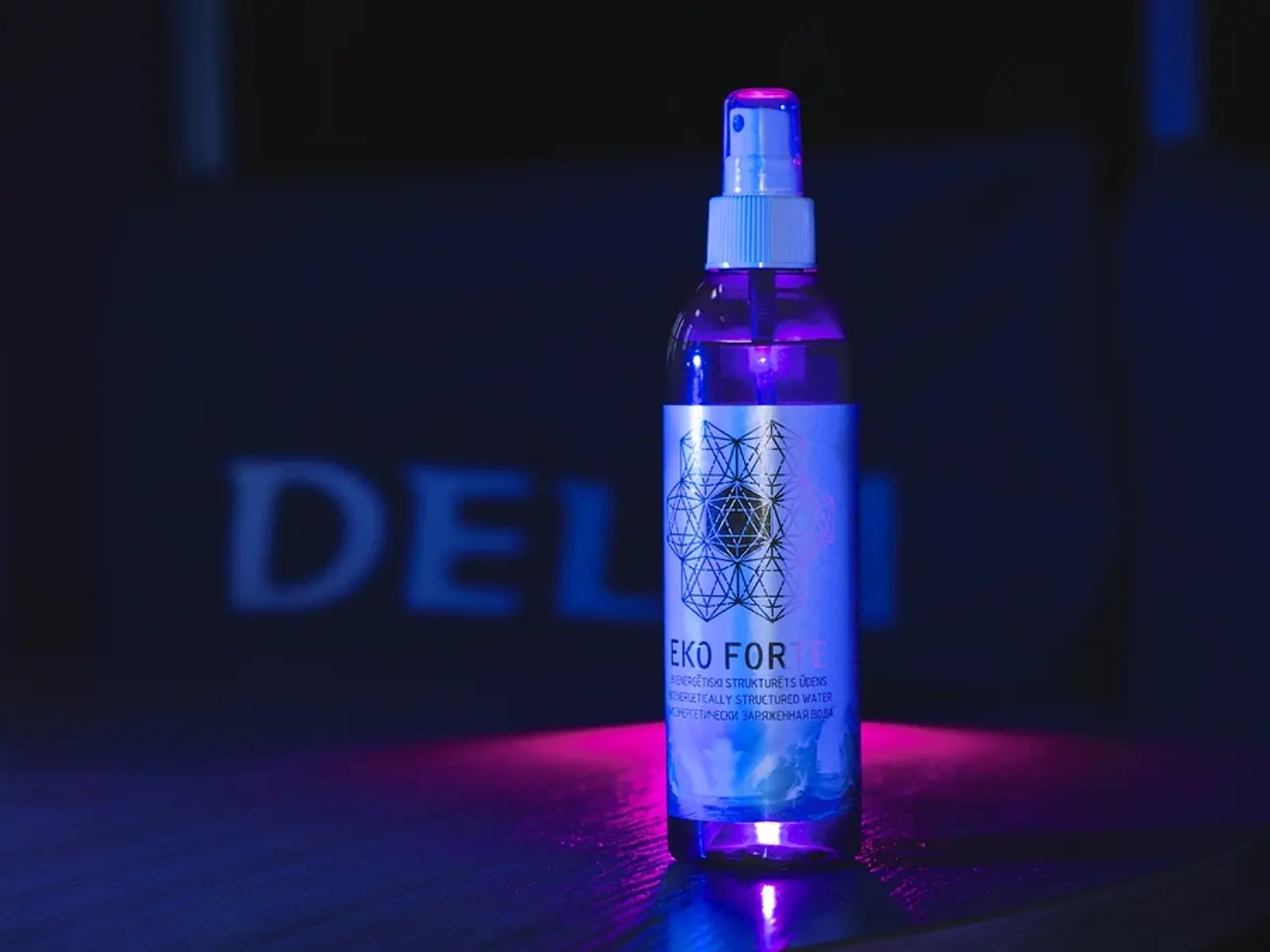Unveiling the Power of Active Skincare Ingredients
Active Ingredients Critical for Skin Health
In the realm of skincare, active ingredients are the unsung heroes that work tirelessly to improve our complexion and promote overall skin health. These powerhouse components, when formulated correctly, can significantly enhance the appearance, function, and resilience of our skin.
The Importance of pH Balance
Active ingredients work best when formulated at the correct pH. For instance, Vitamin C thrives in a slightly acidic environment, while niacinamide performs optimally at a neutral pH. This delicate balance ensures that these ingredients can deliver their maximum benefits.
Proper Product Layering: A Foundation for Success
Proper product layering is the cornerstone of an effective skincare routine. Starting with a thorough cleansing, we create a clean base. Follow this up with water-based serums, such as Vitamin C or hyaluronic acid, applied to slightly damp skin for enhanced absorption. Next, apply oil-based products, followed by a moisturizer to lock in hydration.
Active Ingredients: The Key to Addressing Specific Concerns
Active ingredients are responsible for delivering specific results, addressing issues like acne, pigmentation, and aging. Common active skincare ingredients provide various benefits and functions by addressing specific skin concerns and promoting overall skin health through targeted mechanisms.
Antioxidants: Protecting and Nourishing
Antioxidants, such as Vitamin C, Vitamin E, niacinamide, and retinol, protect skin from environmental damage and reduce aging signs. They neutralize free radicals caused by UV exposure and pollution that damage skin cells, reducing oxidative stress and promoting cellular repair.
Peptides: Boosting Collagen Production
Peptides are short amino acid chains that communicate directly with skin cells to stimulate collagen production, enhance hydration, reinforce skin barrier, and reduce wrinkles and dullness.
Bio-Active Lipids: Strengthening the Skin Barrier
Bio-active lipids, including ceramides, fatty acids, and sphingolipids, strengthen the skin barrier, enhance hydration, and regulate inflammation. They form a protective barrier that retains moisture and shields against irritants, supporting collagen and elastin to improve skin texture and reduce sensitivity.
Glycolic Acid: Exfoliating and Stimulating Collagen
Glycolic acid, an alpha-hydroxy acid, exfoliates the skin's surface, removing dead cells to reveal a brighter, smoother complexion. It evens skin tone and promotes collagen and elastin production for firmer, radiant skin.
Hyaluronic Acid: Intense Hydration
Hyaluronic acid is a hero ingredient for hydration, capable of holding up to 1,000 times its weight in water. It attracts and holds water molecules, increasing skin moisture content, smoothing texture, and improving firmness and suppleness.
Niacinamide: Brightening and Balancing
Niacinamide helps regulate oil production, improve skin texture, and reduce redness. It is also multifunctional, enhancing skin barrier strength and reducing inflammation and redness, improving pore appearance and overall texture.
Squalane: Moisturizing Without Greasiness
Squalane mimics skin's natural oils, providing lightweight, stable hydration and barrier support, keeping skin soft and supple.
Prebiotics, Probiotics, and Postbiotics: Supporting the Skin Microbiome
Prebiotics, probiotics, and postbiotics support the skin microbiome, maintaining a healthy ecosystem that protects against pathogens and reduces skin sensitivity and inflammation.
Aloe Vera and Shea Butter: Healing and Nurturing
Aloe vera and shea butter are nourishing ingredients that contain enzymes that promote healing while hydrating and calming irritated or red skin. Rich in vitamins A, E, and fatty acids, they deeply nourish dry skin and support regeneration.
Working Synergistically for Optimal Results
These ingredients work synergistically to protect skin cells from damage, enhance the skin barrier, stimulate cellular renewal and collagen synthesis, hydrate and plump the skin, and balance the skin's microbiome.
The Importance of Consistency and Moderation
The effectiveness of these actives depends on their concentration, proper formulation, and consistent use, often showing noticeable benefits after several weeks to months. However, combining too many active ingredients often results in irritation, redness, and skin damage. It is essential to be mindful of the active ingredients in your skincare products and use them responsibly.
The Power of Science-Backed Formulations
By combining these well-researched actives, skincare products can significantly improve skin’s appearance, function, and resilience over time. Our website's skincare line is thoughtfully crafted with science-backed active ingredients to target a variety of skin concerns. The clean and effective formulations are packaged sustainably, and our KinbiomeTM technology helps to maintain a healthy skin barrier while delivering visible improvements.
Conclusion
In conclusion, active skincare ingredients are the driving force behind effective skincare routines. By understanding the benefits and functions of these ingredients, we can make informed decisions about the products we choose to incorporate into our skincare regimens. With consistent use and a thoughtful approach, we can harness the power of these active ingredients to achieve healthier, more radiant skin.
- The serum containing niacinamide, a known active skincare ingredient, helps regulate oil production and reduce redness for sensitive skin.
- After exfoliation with glycolic acid, vegan skincare enthusiasts may find their skin barrier strengthened, resulting in a brighter, smoother complexion.
- For acne-prone skin, a moisturizer fortified with salicylic acid can help control breakouts and reduce inflammation.
- An antioxidant-rich moisturizer, containing vitamins C and E, protects the skin from environmental damage and reduces signs of aging.
- In its quest for overall skin health, the skincare routine may incorporate hyaluronic acid to provide intense hydration, smoother texture, and improved firmness.
- Integrating bio-active lipids, such as ceramides, into a skincare routine can help reinforce skin barrier strength, hydrate, and reduce inflammation.
- In home-and-garden stores selling health-and-wellness products, customers may come across a moisturizer with squalane, a lightweight, stable hydrator that keeps skin soft and supple without creating greasiness.
- A skincare product line focused on skin-care and skin-conditions, offering science-backed formulations, may include prebiotics, probiotics, and postbiotics to support the skin microbiome and maintain a healthy ecosystem.
- Condition-specific products in the skincare lineup, such as those containing aloe vera and shea butter, can provide intensive healing, nurturing, and calming effects for irritated or dry skin.
- A routine that incorporates these synergistic active ingredients can protect skin cells from damage, improve skin texture, stimulate cellular renewal, and balance the skin's microbiome for optimal results.




